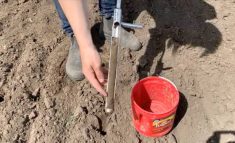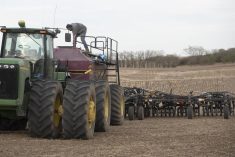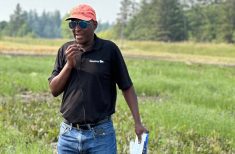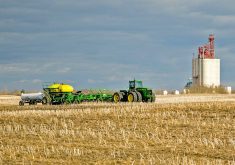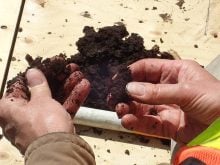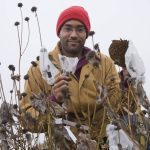Anew report raising additional doubts about the green credentials of biofuels has stalled investment in Europe and threatens the future of some producers.
After a two-year investigation, the European Commission has decided that the complex issue of “indirect land use change” can lessen carbon savings from biofuels. The concept is relatively new, and still being developed. In essence, it means that if you take a field of grain and switch the crop to biofuel, somebody somewhere will go hungry unless those missing tonnes of grain are grown elsewhere.
Read Also
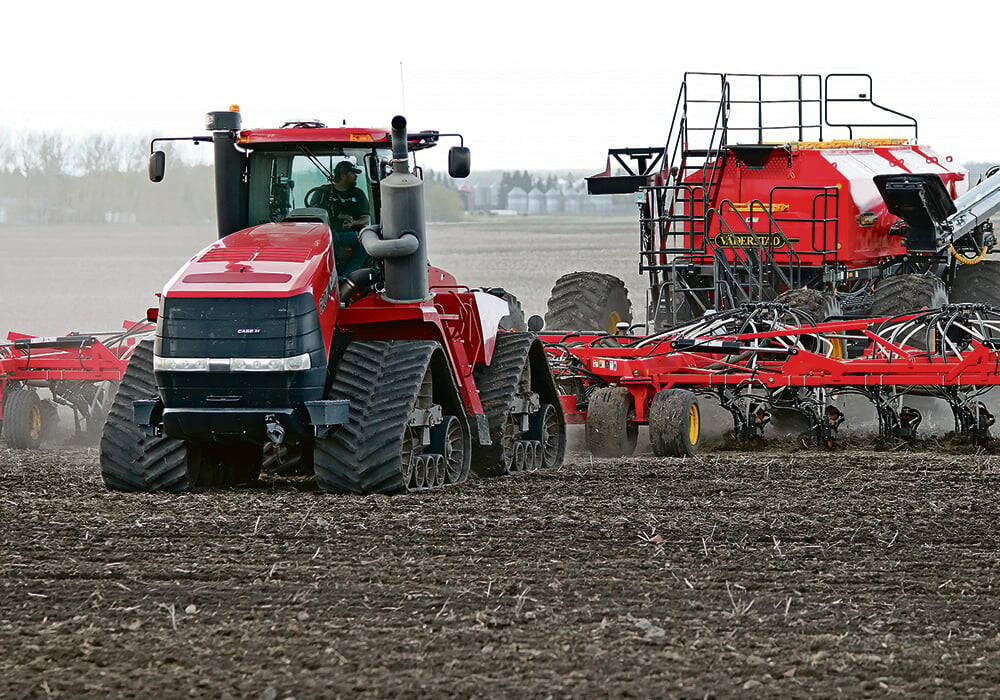
No fertilizer price relief expected for this year
StoneX analyst Josh Linville does not see much relief in sight on the nitrogen and phosphate fertilizer prices for farmers in 2026.
The crops to make up the shortfall could come from anywhere, but economics often dictate that will be in tropical zones, encouraging farmers to cut out new land from forests. Burning forests to clear that land can pump vast quantities of climate-warming emissions into the atmosphere, enough in theory to cancel out any of the climate benefits the biofuels were meant to bring.
Biofuel advocates argue the science is flawed, and that the issue could be tackled by a major overhaul of agricultural strategy to improve productivity or by pressing abandoned farmland back into action. Waste products from biofuels production can also be fed to animals, reducing the pressure on land resources.
The battle over this issue has thrown into doubt EU plans to create a $17-billion annual market for biofuels from producers such as France, Germany, Brazil, Malaysia and Indonesia. The European Renewable Ethanol Association says calculating biofuel benefits by this standard could threaten the renewable fuel industry in Europe.


